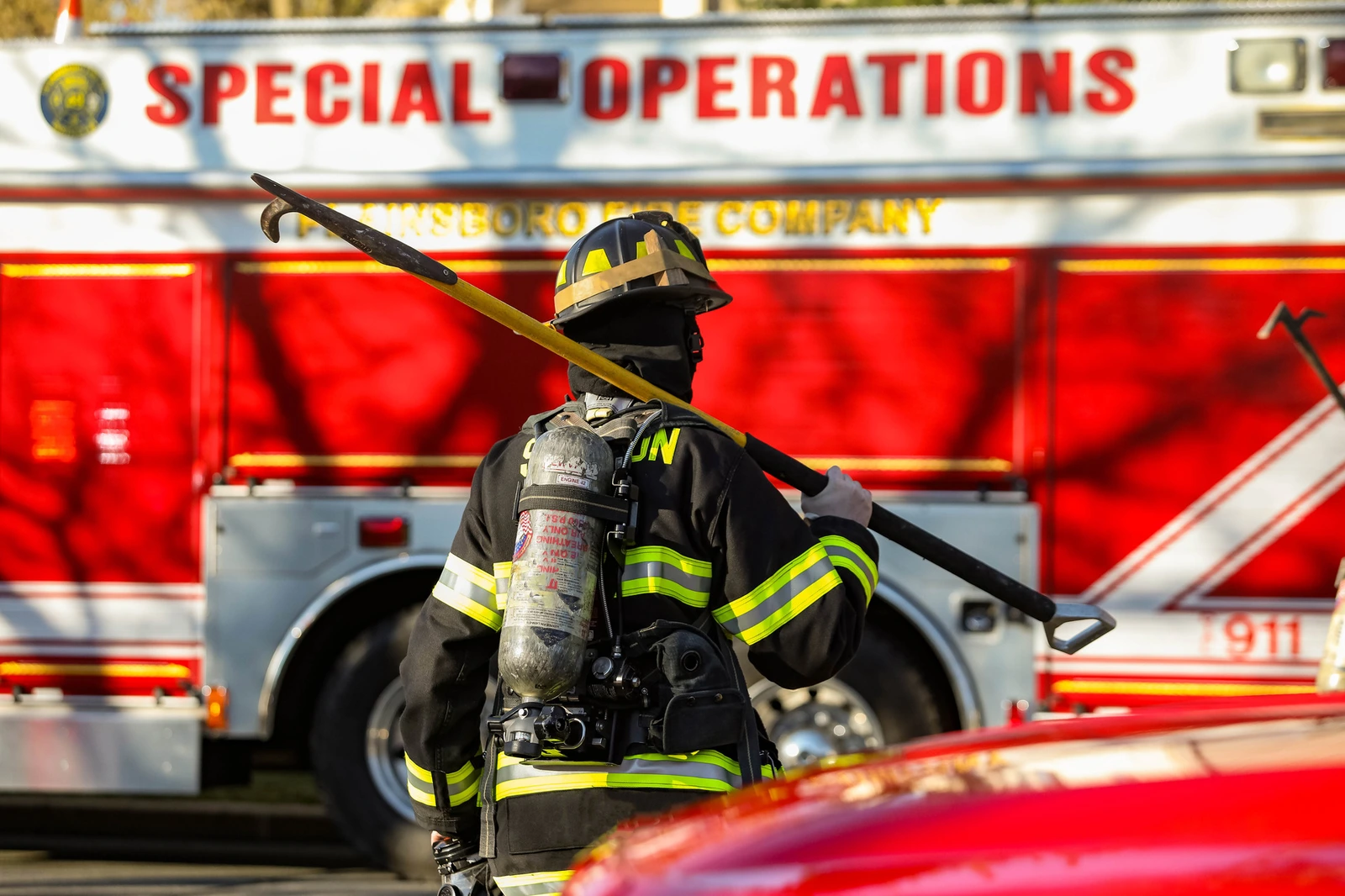
A Substance Use Disorder Treatment Program for First Responders: A Path to Healing and Recovery
Key Points
- First responders face unique stressors that increase the risk of substance use disorders.
- Specialized treatment programs address the specific needs of first responders.
- Trauma-informed care is essential for addressing the underlying causes of addiction.
- Peer support and group therapy provide a sense of community and understanding.
First responders, firefighters, paramedics, police officers, emergency medical technicians, and military veterans are often hailed as the backbone of society. They rush toward danger while others retreat, providing life-saving assistance in moments of crisis. However, this exposure to intense trauma and high-stress environments takes a significant toll on their mental and physical well-being.[1] The cumulative effects of witnessing violence, death, accidents, and disasters can lead to burnout, PTSD, depression, anxiety, and, unfortunately, substance use disorders.
For many first responders, substances, including alcohol, become a coping mechanism to numb emotional pain and relieve stress. However, what may start as an attempt to manage negative feelings can spiral into dependence and addiction, exacerbating mental health challenges and affecting both professional and personal lives. Wellbridge recognizes the unique stressors that contribute to the higher rates of substance use amongst first responders. At Wellbridge, we provide specialized substance/alcohol use disorder treatment essential to address the specific needs of this group and provide comprehensive care tailored to their experiences and needs.
The Need for Specialized Treatment Programs
First responders face unique stressors that contribute to higher rates of substance use compared to the general population. The stigma around seeking help for mental health issues, particularly in high-performance fields, makes it difficult for them to reach out for support. Many fear that admitting to a substance use problem might result in career repercussions, shame, or loss of trust from colleagues.
Moreover, traditional treatment programs may not fully understand or address the distinct challenges first responders face. At Wellbridge, we provide a specialized first responder SUD treatment program that recognizes the physical, emotional, and psychological stressors first responders endure and creates a safe, supportive environment for healing. We offer tailored, evidence-based therapies and interventions that address both substance use and the underlying trauma common within this population.
Key Components of a Treatment Program for First Responders
A well-rounded substance use disorder treatment program for first responders should incorporate the following key components:
1. Trauma-Informed Care
First responders are often exposed to traumatic incidents regularly, and untreated trauma is a major component of substance use. Trauma-informed care is foundational in addressing both SUDs and the emotional scars of first responders. This approach creates a therapeutic environment that recognizes the impact of trauma on addiction, ensuring that the treatment process is sensitive to their past experiences and aims to reduce re-traumatization. First responders need to feel understood and validated as they work through the trauma fueling their addiction.
2. Peer Support and Group Therapy
Group therapy sessions that consist of other first responders are particularly beneficial. These sessions allow participants to connect with peers who understand the pressures and experiences of the job. Sharing stories with fellow first responders creates a sense of camaraderie, reducing the isolation that often accompanies addiction. Peer support groups also serve as a platform for long-term accountability, as participants build relationships with others on similar recovery journeys.
3. Dual Diagnosis Treatment
Many first responders develop co-occurring mental health conditions like PTSD, depression, or anxiety alongside their substance use disorder. Dual diagnosis treatment addresses both conditions simultaneously, providing integrated care for mental health and addiction. Evidence-based therapies like Cognitive Behavioral Therapy (CBT) and Dialectical Behavior Therapy (DBT) are especially effective in helping first responders gain the necessary tools to be successful in their recovery journey.
4. Confidentiality and Professional Sensitivity
For first responders, confidentiality is paramount. Many fear that seeking help could harm their careers or reputation within their organization. Wellbridge’s specialized program emphasizes confidentiality, ensuring that participants feel secure in seeking treatment without fear of repercussions. Staff members are trained to understand the professional culture of first responders and the unique challenges of maintaining privacy within their fields.
5. Family Therapy and Support
Substance use disorders affect not only the individual but also their families. First responders often carry the emotional weight of their work home, which can strain relationships. Family therapy helps rebuild trust and communication while providing family members with education about addiction and its impact. A strong support network is essential for long-term recovery, and involving loved ones in the healing process fosters a more stable foundation for sobriety.
6. Aftercare and Relapse Prevention
Recovery is a lifelong journey, especially for those in high-stress professions like first responders. A strong aftercare plan is essential to maintaining sobriety after the initial treatment program. This can include continued therapy, regular check-ins with counselors, peer support groups, and ongoing participation in substance use recovery networks. Relapse prevention strategies tailored to the challenges of first responders are also critical. Learning how to manage stress without substances and identifying triggers in work environments can significantly reduce the risk of recurrence.
Holistic Approaches to Healing
In addition to traditional therapy methods, many treatment programs for first responders incorporate holistic therapies such as yoga, mindfulness meditation, and physical fitness. These techniques help reduce stress, improve emotional regulation, and promote overall well-being. First responders can benefit from reconnecting with their bodies and learning new strategies to manage the intense demands of their jobs.
Conclusion
A substance use disorder treatment program for first responders must be tailored to the unique needs of these brave individuals. By addressing both physical addiction and the underlying trauma, Wellbridge offers comprehensive, compassionate care. Through trauma-informed therapies, peer support, family involvement, and holistic practices, first responders can find healing, regain control of their lives, and continue to serve their communities with strength and resilience. Addressing the mental health and substance use needs of those who protect and care for others is not just a priority; it’s a responsibility.
Sources
[1] Centers for Disease Control and Prevention. (2018, March 19). Emergency Responders: Tips for taking care of yourself. Cdc.gov. https://emergency.cdc.gov/coping/responders.asp
